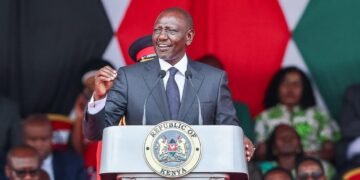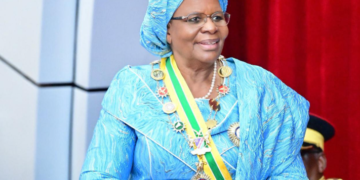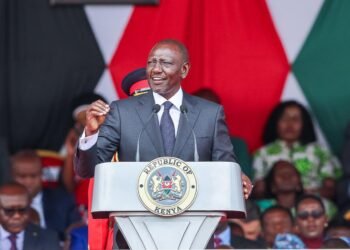The 3-day nationwide strike by drivers of e-hailing services Bolt, Uber, Uber Eats, Indriver and DiDi, has ended. A group – Unity in Diversity – that represents drivers, said in a statement that there is ongoing communication with the departments to which they submitted their memoranda.
Drivers are demanding regulation of e-hailing platforms write Marecia Damons and Chris Gilili for GroundUp. The work stoppage was prompted by rising petrol prices and issues over workers’ rights in the e-hailing industry that have been simmering for years.
“The biggest issue here is our safety as drivers, and money,” said Mamelodi-based Bolt driver Mabuti Maake. “Petrol prices keep going up but the prices of the trips on the Bolt app remain very low … We want the government to regulate these apps and recognise us as workers.”
Drivers want a minimum rate of R13 per kilometre and R50 a trip, and for the e-hailing platform providers’ commissions – 25% and higher – to be reduced. They are also calling on the e-hailing providers to take responsibility for damages incurred, such as hijackings and robberies, while on duty.
Drivers’ concerns mirror those of 2016 when GroundUp reported on Uber drivers’ dissatisfaction over pay and revealed that Uber South Africa does not recognise any form of collective driver representation, instead dealing with drivers on a one-to-one basis. Per the company’s description, local drivers are classified as subcontractors, not employees. This means they are denied rights to minimum wages, paid overtime, or compensation.






























































